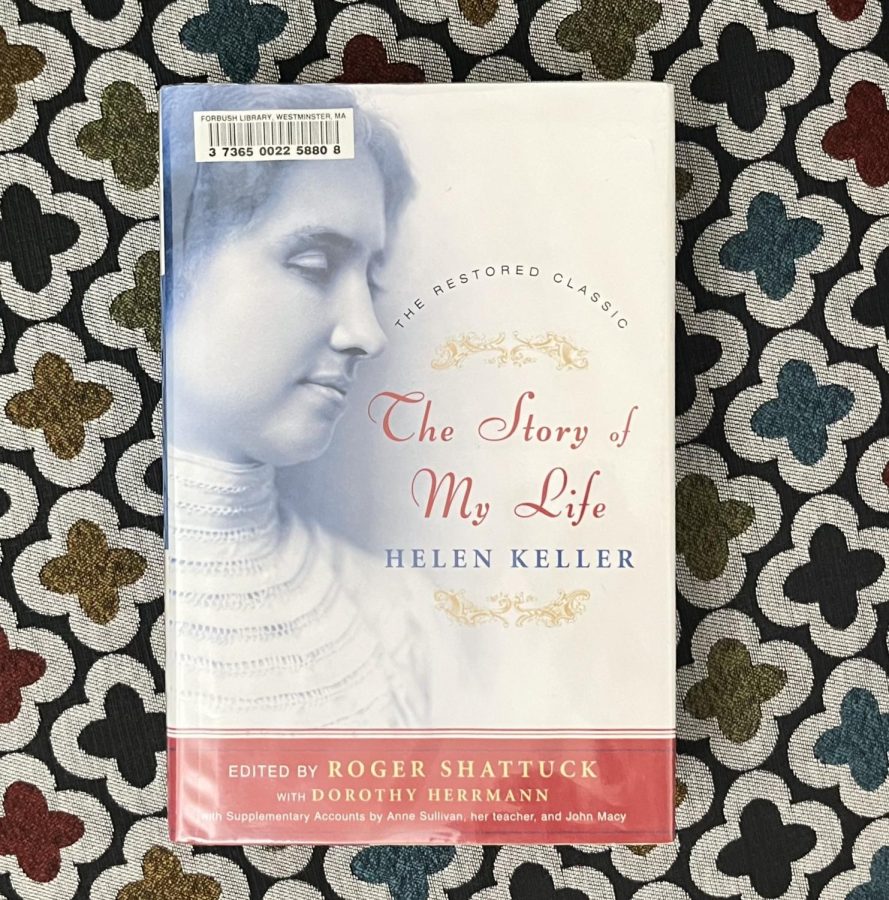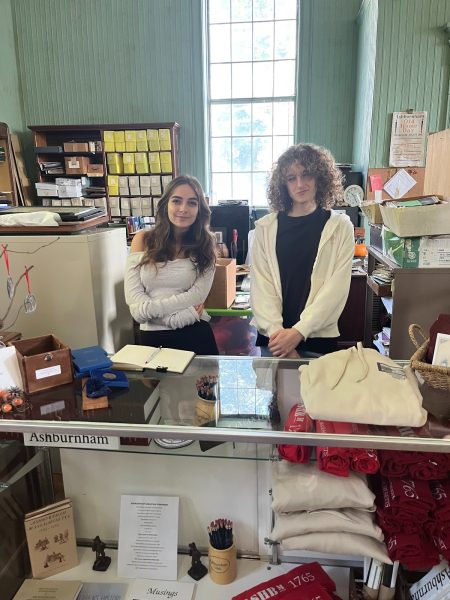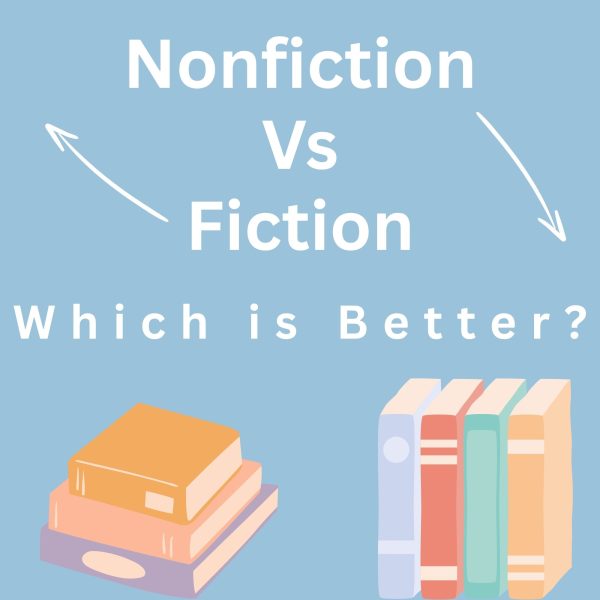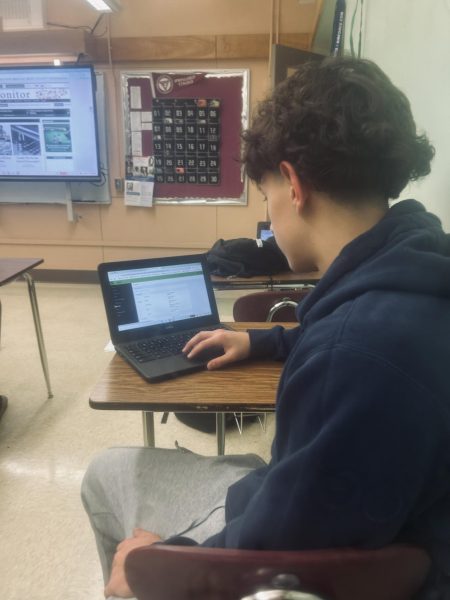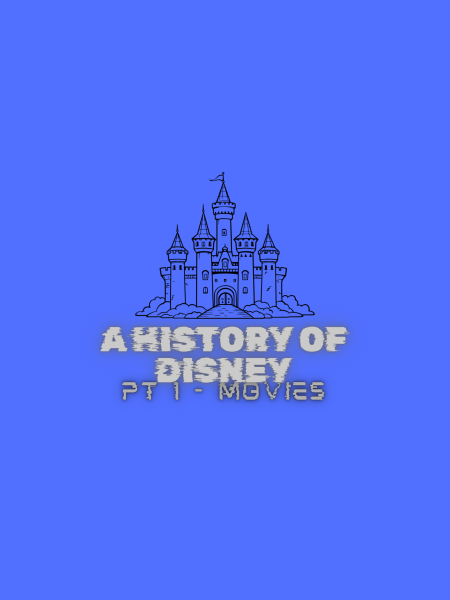Opinion: The Damage the Helen Keller Meme Does to Disabled People
Maybe you’ve seen some recent memes or TikToks pertaining to Helen Keller not being real. At first, if you don’t know anything about this, you are probably really confused—because of course she’s real. Alas, there has been an ongoing joke for the past couple of years—which is basically a rehash of a conspiracy that is believed to have originated from Reddit—and it has Gen-Z hooked.
When trying to understand why Gen-Z is so hooked on this matter, none of it is actually about Helen Keller’s disability, but about her life with her disability. Helen Keller was a disability activist who toured around the country, speaking out for disability rights, women’s suffrage, and civil rights. She went to Harvard and wrote 12 books, and has a movie about her life called The Miracle Worker. Knowing all that about her and her achievements as a disabled woman, the disrespect of Keller’s name does nothing but harm the disabled community.
We’ve had a long, long history of ableism in this country, as well as in other parts of the world, but the fight for disabled rights and education hasn’t ever stopped. Moreover, this conspiracy proves exactly what disability education fights for, understanding disabilities and learning about disabled people. The lack of information on disabled figures in our history, has allowed ableist rhetoric to spread among young people. If schools taught historical disabled figures like Helen Keller, would Gen-Z be so convinced that Helen Keller didn’t exist? Would Gen-Z have been able to comprehend the challenges Helen Keller faced, instead of insisting that her life is all a lie? Helen Keller is no saint, but to dismiss her efforts at living a life with deafblindness, is and by definition, ableism.
Ableism is ingrained into our society through jokes, insults, and phrases. It is in our media and in our language, it has been going on for centuries, and you might not even know that you are participating in it. There are more extreme forms of it, like, for instance, this “meme”. However, it also is how we talk about ourselves and other people, for example: using stupid, dumb, idiot, or the phrases “are you blind?” or “That’s OCD of me”. By asking questions like “How did Helen Keller even exist?,” people are taking her accomplishments as a disabled woman away. Even though her accomplishments were fueled by privilege, the idea that she did not do what she did reinforces the idea that disabled people can’t succeed, nor can’t exist.
Just because she was blind and deaf doesn’t mean she was incapable of everything or wasn’t alive. She lived her life. She learned how to use the world in a way some non-disabled people apparently cannot comprehend. She learned language in an entirely different way. She had help from her teacher who taught her how to communicate, she used braille typewriters, and probably many other tools—and that’s okay. Choosing to continue to question her ability and if she was real or not puts other disabled people in danger in the exact same way: once you question her, you question others and their capabilities. It’s harmful rhetoric and the “joke” has gone on for far too long.
Considering the number of times this joke has surfaced on social media means not enough people choose to listen to criticism from disabled folks, or consider what the joke even means. What’s worse, the joke is believed to originate from Reddit: a popular social media platform that has been linked to be the place where QAnon and other hate groups communicate. Reddit has a history of being a source of conspiracies and conversations that leak onto other social media platforms, ranging from Twitter to TikTok. The Helen Keller denial started gaining traction in 2020 on both Twitter and Tiktok, and with its newest emergence, Gen-Z is talking about it yet again.
Gen-Z grew up looking at a screen, and it’s only gotten worse since COVID-19. With the consumption of media and information, we’ve seen it become a double-edged sword. With loads of information for free, there is never a question that can’t be answered with just a few clicks. Although, with platforms like Reddit, Twitter, and even Facebook, the information people find isn’t always true. In recent years, social media apps have gotten better at detecting misinformation because it has been identified as harmful. One of the many ways misinformation is able to spread is by ignorance and not checking sources. Whether you believe or don’t believe Helen Keller is real, if you have participated in conversations about the joke without getting your facts straight, you have only fallen for the trap.
So, how do you get out of this trap? Well, for starters, you can educate yourself. There are many resources about Helen Keller out there, along with information on disability and the disabled community in general. There are lots of documentaries, books, and activists to learn from. For example, Crip Camp, a documentary about the revolutionary Disabilities Summer Camp for teens that started in the 1970s, which also covers the fight for Section 504, as well as the ADA. There is a book called The Ugly Laws: Disability in Public by Susan M. Schweik, which covers the effects the Ugly Laws had on disabled people, which continue to impact them today. Be like Helen Keller: she was driven to learn.
There is little effect the word ableism has on non-disabled people. When someone tells you you are being ableist, there isn’t an outcry or gasp. The word ableist should be as impactful as someone saying you are being racist. Ableism affects everyone, and it will continue to affect everyone unless we can do something about it. Because one day, whether you like it or not, you could become disabled too, and you’ll start wishing you listened to the disabled community sooner.

Renée Caisse is a part of the Class of 2024 at Oakmont Regional High School. This is her second year being a part of The Oakmonitor. Renée does many...



